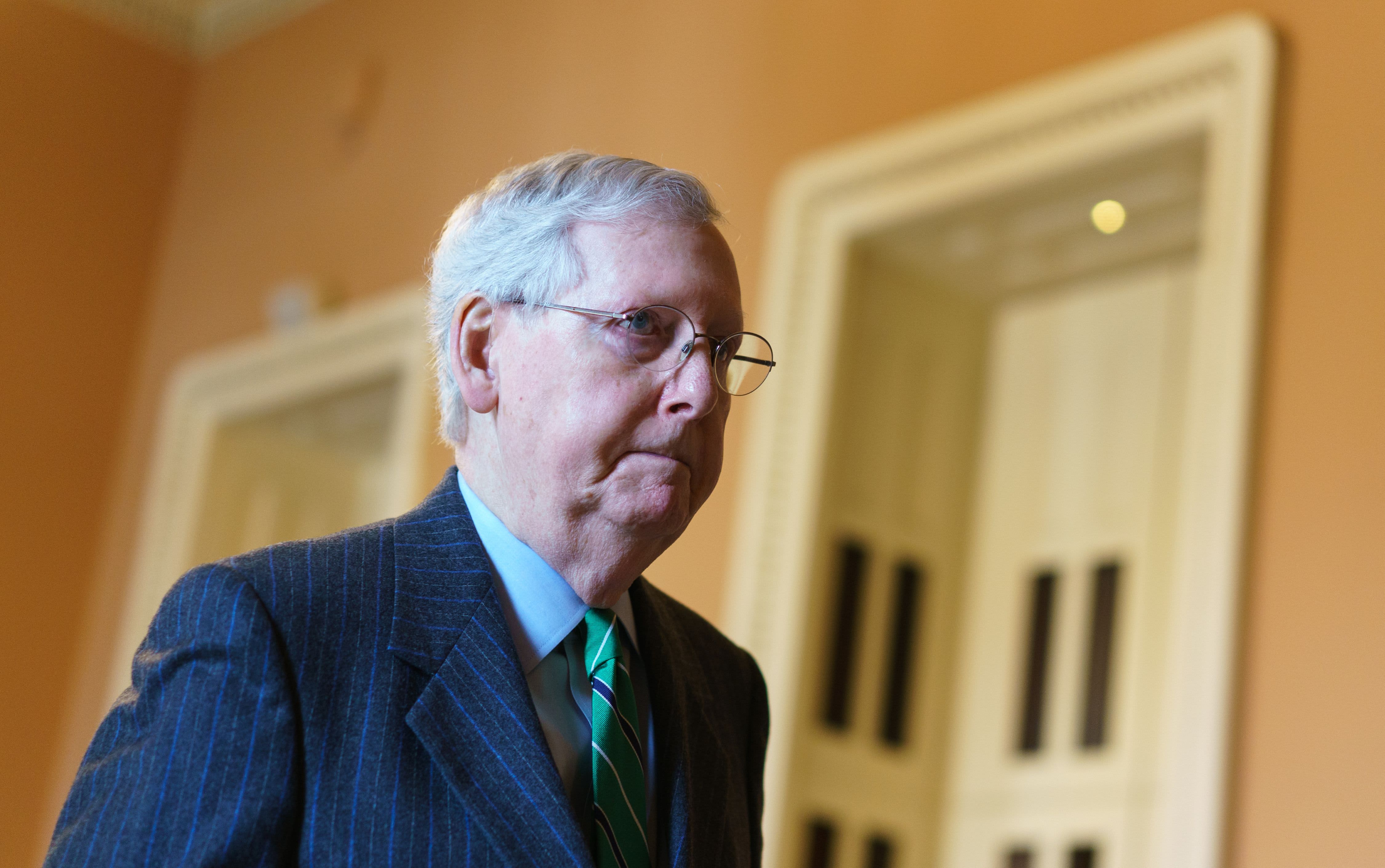Coronavirus hits forecasts
Chetan Ahya, chief economist at Morgan Stanley, said the economic pain stemming from the pandemic “is definitely going to hurt” the firm’s forecasts:
“Essentially, what we have is a significant decline in personal consumption expenditure as well as the business investment in the second quarter, so, this is definitely going to hurt our forecasts. And so, we are now expecting this to continue into [the] second quarter and then expected recovery from the third quarter assuming that … cases peak by sometime in [the] second half of April or early May.”
CNBC’s Sara Eisen: What is the economy going to look like if we do peak by that time? How strong can we rebound and what kind of unemployment numbers are we looking at?
“So, we expect the unemployment numbers to rise to about 12.8% in the second quarter, so, this is going to be quite a sharp and steep deceleration in growth, but we expect a relatively strong … third quarter. But it really picks up from the fourth quarter in a meaningful manner, to the extent to which we will get back to the normal levels of output sometime in 2021. But, definitely, the near term looks very painful.”
Long-term strategies
Jack Ablin, chief investment officer of Cresset Capital, recommended a few strategies for long-term investors:
“The first phase of the selling was probably, a lot of it, forced, based on all the algorithmic-style, margin-related, volatility-related trading. Also, add to the fact that we had a lot of passive exchange-traded strategies where investors pretty much just disgorged everything — baby and the bathwater, so to speak. So, I think now, for investors who need to be long term — we have to look past this valley, and there may be more to go to the downside, but probably not much more — is really … things that we’re looking at and we’re advising our clients to consider. One, shift out of passive and into active. The fact is that while everything is down, we know that the coronavirus and this standstill will likely impact 30% of the economy pretty harshly and then probably 20% to 30%, almost no issue at all. And so, if you move to an actively managed equity portfolio, a manager has the wherewithal to pick through who will likely be the winners and losers that perhaps a passive investment won’t. The second is provide liquidity if you can. The liquidity premium right now is enormous, so, we have a private equity secondary strategy where we’re providing liquidity for would-be or limited-partnership holders that just want to get out.”
Small-business boost
Jim Cramer, host of “Mad Money,” called on the federal government to work faster to provide a cushion for small businesses:
“In the end, our economy is small business. In the end, those are the people that really are trying to figure out whether to open or close. You can’t be thinking about just now. You need to be thinking about when we beat this. If you wipe out small business, then the whole country’s going to be run by Amazon and Walmart. We can’t have that happen. The restaurant industry will not really survive. Now, remember: we’ve got more than 50 million people in service … and most of them do not work at Walmart. So, I think that it’s just really important to be able to make it so that the average working person keeps the job, and that means you have the give the small-business person money. And I think that the Dems and the Republicans favor that. … I would love to be able to hear from Speaker [Nancy] Pelosi and from Sen. [Chuck] Schumer how far apart they are because, boy, [Treasury] Secretary [Steven] Mnuchin indicates that they’re very, very close.”
NYSE goes digital
Duncan Niederauer, former CEO of NYSE Euronext, said the New York Stock Exchange was fully prepared on its first-ever full day of electronic trading:
“I think it’s an historic day. … Most of the volume is already electronic, and I think this decision, as we say in our household sometimes, it really wasn’t a multiple-choice question. It was time to do this. I think it was the only decision to make. I think the exchange is more than prepared to do this, so, I don’t anticipate any issues with liquidity. Going back to Hurricane Sandy, the exchange was prepared to do this in and around Sandy and operate the contingency plan, and I’m sure that plan’s even better now. So, my point is this is not a new thing that the exchange is trying, and at that time, I wouldn’t describe the banks and brokers as nearly as well positioned as they are today to work remotely and work be centralized. So, I would think it should be pretty much business as usual. And, unlike Sandy, where we thought we might have to do it for a couple of days, I think we should assume this will be going on for quite some time.”
